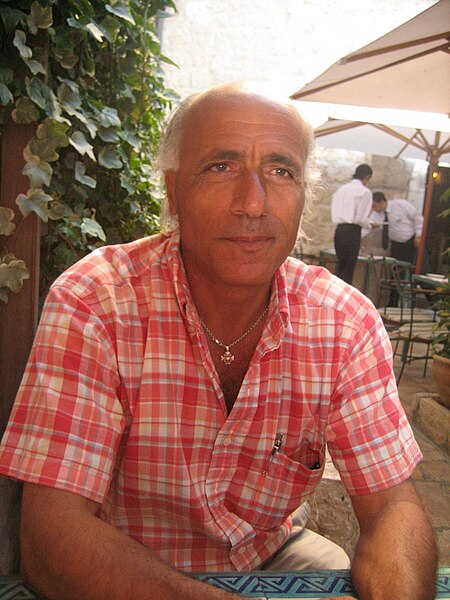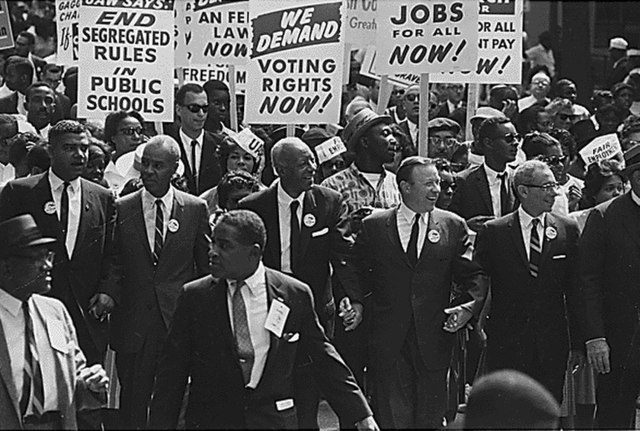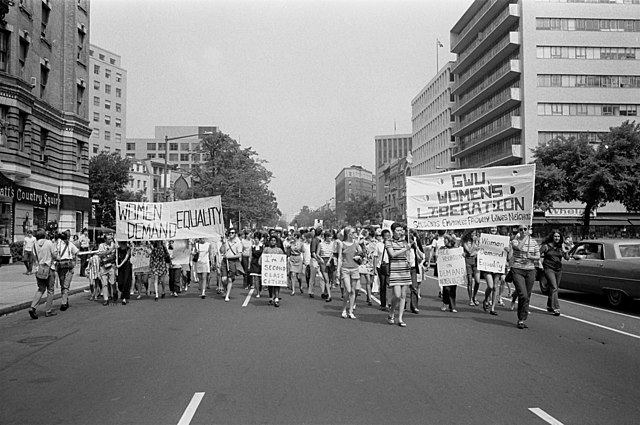Whistleblowing is the activity of a person, often an employee, revealing information about activity within a private or public organization that is deemed illegal, immoral, illicit, unsafe or fraudulent. Whistleblowers can use a variety of internal or external channels to communicate information or allegations. Over 83% of whistleblowers report internally to a supervisor, human resources, compliance, or a neutral third party within the company, hoping that the company will address and correct the issues. A whistleblower can also bring allegations to light by communicating with external entities, such as the media, government, or law enforcement. Some countries legislate as to what constitutes a protected disclosure, and the permissible methods of presenting a disclosure. Whistleblowing can occur in the private sector or the public sector.
Czech whistleblower Libor Michálek was fired from his position after exposing high-level corruption.
Mordechai Vanunu spent 18 years in prison, including more than 11 in solitary confinement.
American whistleblower Edward Snowden
Activism consists of efforts to promote, impede, direct or intervene in social, political, economic or environmental reform with the desire to make changes in society toward a perceived greater good. Forms of activism range from mandate building in a community, petitioning elected officials, running or contributing to a political campaign, preferential patronage of businesses, and demonstrative forms of activism like rallies, street marches, strikes, sit-ins, or hunger strikes.
Barricade at the Paris Commune, March 1871.
Civil rights activists at the March on Washington for Jobs and Freedom during the civil rights movement in August 1963.
A women's liberation march in Washington, D.C., August 1970.
The longest running peace vigil in U.S. history, started by activist Thomas in 1981







